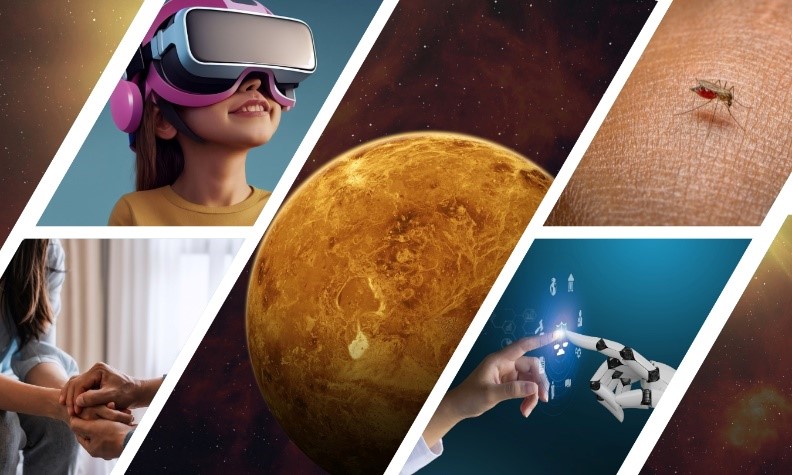The European Research Council (ERC) has announced the awarding of 400 Starting Grants to young scientists and scholars across Europe. The grants – totalling €628 million – support cutting-edge research in a wide range of fields, from medicine and physics to social sciences and humanities. They will help researchers at the beginning of their careers to launch their own projects, form their teams and pursue their best ideas.
This funding, part of the EU’s Horizon Europe programme, will be invested in scientific projects spanning all disciplines of research. For example, a geochemist in the Netherlands will study Venus’ atmosphere to better understand habitability beyond Earth; a computer scientist in Germany seeks to make virtual reality more inclusive to physically disabled people; a geneticist in the UK aims to analyse parasites that cause malaria; and a researcher in Israel is set to investigate how algorithms are used at work to supervise employees.
Successful applicants of this call will carry out their projects at universities and research centres in 24 countries in Europe, with the highest number of projects hosted in Germany (87 grants), France (50), Netherlands (44) and the UK (32). They come from Europe and beyond, with 44 nationalities being represented, notably Germans (66 researchers), Italians (57), French (32), Dutch (27). Fourteen Europeans who are currently based in the US will carry out their ERC-funded projects in Europe.
This competition attracted 2,696 proposals, which were reviewed by panels of renowned researchers from around the world. The overall success rate was 14.8%. The grants are expected to create more than 2,600 jobs for postdoctoral fellows, PhD students and other staff at the host institutions.
Female researchers were awarded some 43% of grants, an increase from 39% in 2022. The Starting Grants calls have attracted more than 58,000 submissions since 2007. During this time, the number of proposals submitted by women has increased from around 30% to more than 40%. See more statistics.
The list of selected researchers can be found here.
Source: European Research Council | News (https://shorturl.at/belEL)
